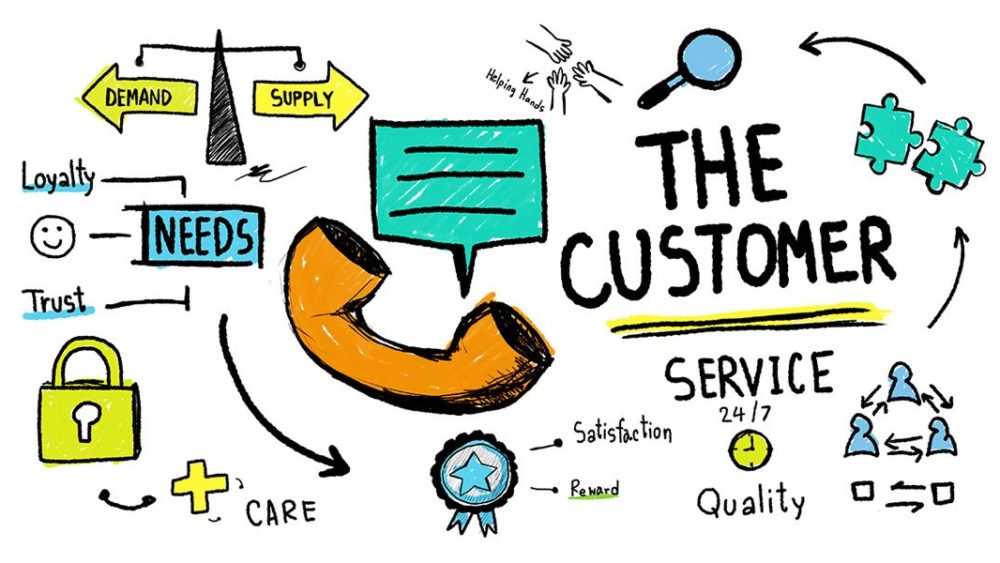In the last post, we covered “Technology Integrations.” Next, we explore an instrumental aspect of any business: customer support.
Customer Support: Avoid the zeros, work with the heroes.
Technologically speaking we can all agree that this is an amazing, innovative time. We are more connected to technology than ever before, and that is rapidly changing how we conduct business.
Part of the transportation industry has been, or still is, in a technology purgatory, reluctant to embrace options that could radically optimize how business is done. A large number of late adopting carriers are going to eventually find themselves hurdling a number of technologies when they select a new trucking software (TMS) provider. One example is EDI, a technology that is decades old. But according to Manufacturing and Logistics IT, over 41% of companies are not utilizing EDI!
To create some context, let’s pretend you’re one of those companies in the 41%. You have just implemented a new TMS package that introduces EDI and your staff is stuck in a technology fog. They require support help from your new software provider to solve their EDI headache. How does your staff contact the provider, and remedy their issue?
Do they access an online help desk? A website where users can file a case, start a chat, or navigate online documentation (videos, PDFs, infographics).
Do they call an automated support line? A process where users have to press 5, then press 1, then enter their account #, only to then get an automated recording to leave a message.
Do they email a support address such as info@support.com? A type of support where users send an email and wait for a response, many times with no timeframe.
The point being, do you understand how the software providers you’re exploring resolve customer support issues? If you feel it is important to have top-notch customer service, it is important to evaluate the customer service experience that the provider offers: can you get an actual person on the phone, and at what times? Does it take minutes, hours or days to resolve issues? A good TMS partner should be able to give you concrete answers to their level of support and how each case is handled.
Other areas of customer support to consider are:
- Training and continued education: exactly how is it conducted? A good TMS provider will host online webinars, or offer onsite or online classes.
- IT and technical services: it’s important to understand where ownership lies. For example, if the software runs on your hardware, and your hardware goes down (i.e. a computer stops working, or a server gets a virus) who is responsible for getting you back up and running?
- Integration support: understanding who supports the integrations with your TMS software is crucial. Is it the trucking software (TMS) provider or the technology vendor?
- Billing: is support included in the contract? Some providers have an annual contract for support, others bill case by case. Some issues are non-billable. You may be charged extra for weekend or holiday support. These are extremely important questions to review with the TMS providers you’re considering. The last thing you want is to be surprised by a HUGE customer support bill.
- Software updates: how does the provider communicate the release of new updates, patches, features?

Customer support is the keystone of every company, and it all starts with how you, the customer, are treated. Once you transition from a prospect to a customer, will your company be treated like just another account number? Or does the TMS provider have a history of long-term relationship building? Ask for references and see what existing users of the platform have to say about their customer support.
How will the TMS provider handle your account – will you have a designated account manager after the sales process? Will there be a dedicated person to act as your point of contact (POC)? Customer relationships have a better chance of success when there is an internal advocate that is aware of your businesses specific inner workings; from goals to personal strengths and weaknesses.
Implementing a new trucking software solution means big, exciting changes are happening. For some people, change in any form can be an unsettling and nerve-racking process. Especially changes that may disrupt daily routines, affect job security, and introduce new unfamiliar processes. Your new TMS provider should work with you to establish an internal marketing strategy to curb this anxiety and reinforce the positive results the changes will yield. If/When you choose the correct TMS provider they will/should evolve to become an extension of your team.
Heraclitus, a Greek philosopher, is quoted as saying “change is the only constant in life.” When you choose a TMS provider, you’re investing in much more than software. Make sure you select a partner that will support you and your team as you navigate, adapt, and grow when faced with changes.
Next up is understanding costs. Read on!
Contact Us to Learn More




Comments are closed.